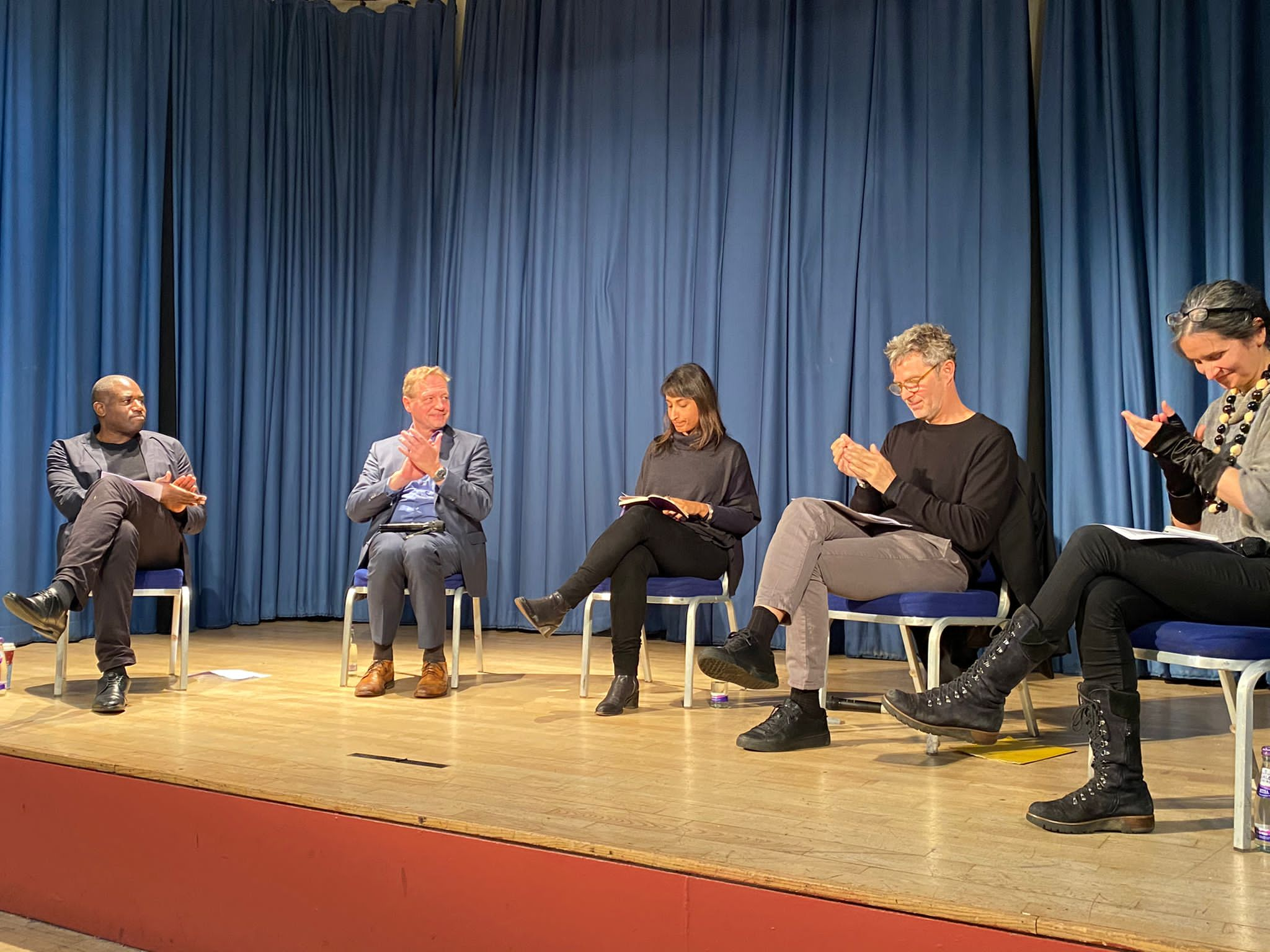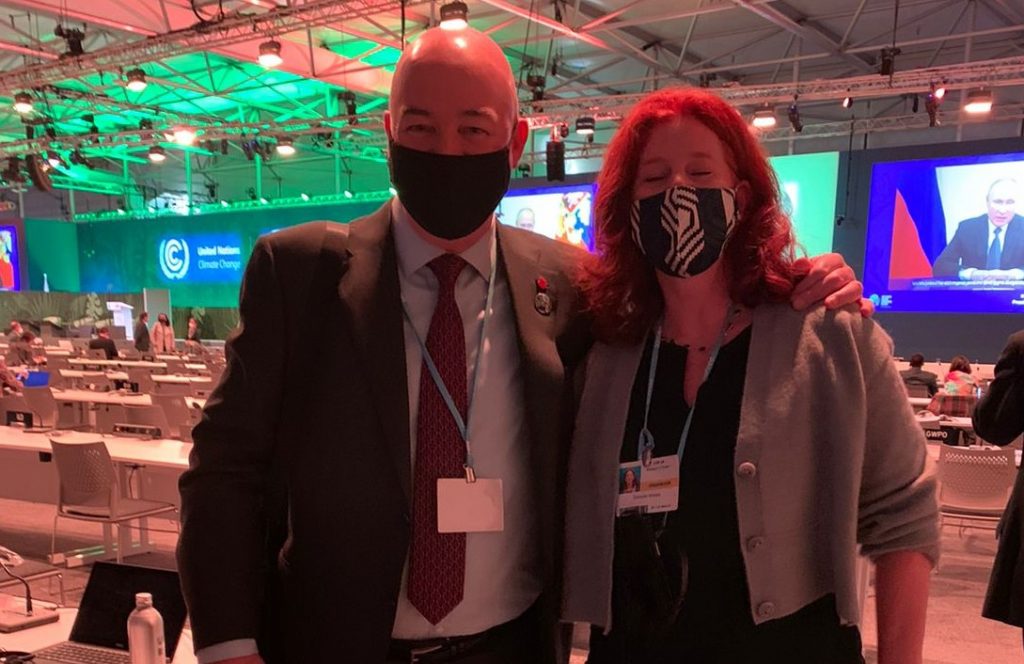18th November 2021

Written by Danielle Morley, CEO of Bonsucro.
Attending COP26 was a stark reminder of the scale and pace of what needs to be done to avert catastrophic climate change and keep on track to 1.5C.
Agriculture and the entire food system need to innovate and collaborate towards net zero by 2050. At Bonsucro, we outlined in our strategic plan how we intend to support the sugarcane sector to take a leadership role on the climate.
After the excitement of the Global Leaders’ Summit and big announcements on deforestation, methane, and coal, I took a few days to meet with partners and attend some of the hundreds of super interesting events on offer. Here are a few of my takeaways:
Finance and Standards
Standards will play an increasingly important role, but they must be well designed to be credible and impactful. Glasgow Financial Alliance for Net Zero (GFANS) launched at COP. It brings together $130 Trillion of private finance, apparently ready and willing to invest in the transition to net zero. Clearly the capital needs to go to the right places and work as hard as it can to deliver net-zero goals, and the SDG’s.
GFANS will adopt standards so that asset-owners and investors can more effectively identify ‘bankable projects’ that deliver on net zero. Sustainability standards will become an increasingly important component in the plumbing of new financial architecture. An open door for Bonsucro, and fellow ISEAL members, to engage banks and investors and leverage our knowledge and influence in support of the new business models, based on our collective years of experience as sustainability standards. I look forward to sharing the outcomes of the Good Practice, Better Finance project as one example.
Climate Justice
Pro-nature solutions are gaining momentum in the basket of solutions – but the primacy of human rights needs to feature more strongly. This was called out by some, notably by the Indigenous Peoples Forum on Climate Change representatives, who were active both inside and outside the UN blue zone. Right Hon David Lammy, a British M.P, spoke inspiringly at the Stop Ecocide International event, about the correlation between climate justice and racial justice.

Rich countries were able to mobilise $15 trillion to respond to the COVID-19 pandemic, but have not yet met their collective pledge to provide $100 billion in climate finance per year by 2020 to countries on the frontline of climate change.
Climate action and the transition to net zero, must protect livelihoods and health, support adaptation and resilience, and compensate for loss and damage to those on the frontline. Climate justice helps put that into context and brings ethics to the table.
Data for climate and innovation
Data is fundamental to both the climate mission, and for smart agriculture solutions. An impressive range of cutting-edge digital products were showcased in Glasgow. From Microsoft’s planetary models using AI to predict deforestation risk, to the Brazilian Governments Greenhouse Gas Emission and Removal Estimating System (SEEG) and MapBiomas.
We Mean Business Coalition reiterated that “We need good understanding of value chain emissions data to go all in for 1.5.” The good news is that Bonsucro can help. We can calculate corporate scope 3 emissions for consumer goods companies buying sugar/ethanol/molasses from certified farms and mills. I was sure to mention it to the Unilever CEO, Alan Jope, and Jim Andrew PepsiCo’s Chief Sustainability Officer when I met them briefly during events at COP.

Collaboration and Coalitions
We need global cuts of 22 CO2e/year by 2030 to make 1.5 a reality. Coalitions delivered sectoral pledges on methane, coal, forests, energy at COP26. Analysis done on those pledges claim that collectively they should deliver 6 Gigatons CO2e/year reduction. This is impressive, and twice as much as national governments have promised through targets defined in their NDCs.
Behind so much of what we see at COP are networks and convenors. Bringing people and organisations together to generate a collective outcome is fundamental. It’s reinforced to me that Bonsucro is the right platform to convene the sugarcane sector on climate action – to reduce emissions and to support adaptation. We need to find our own Coalitions of the Willing – particularly in countries where agriculture and sugarcane accounts for significant amounts of national CO2e.
I have no doubt that the path ahead is going to be very challenging, and a huge amount of work needs to be done rapidly. After attending the COP26, I feel more motivated than ever. I’m ready to work with my team and our members to take climate action. Please reach out if you want to join us.





